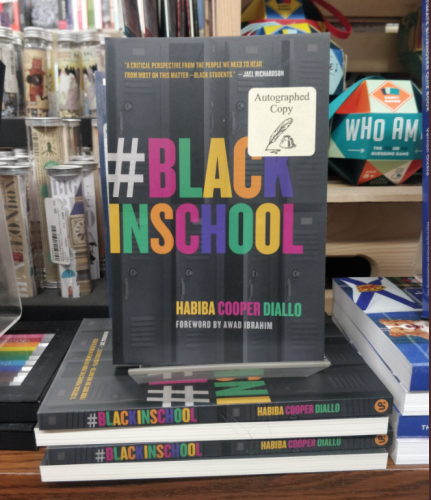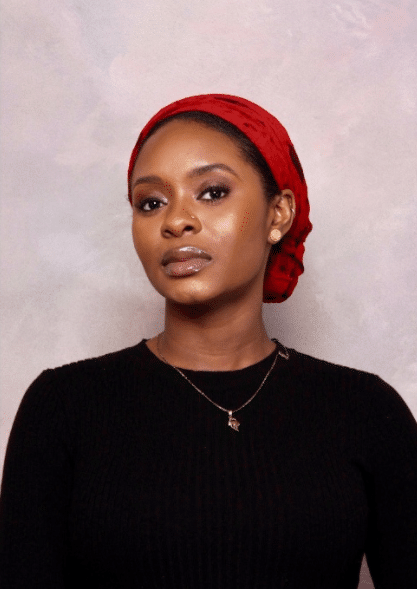As a way to express her feelings towards the lessons and stories presented to her in high school as a Black woman, Canadian author Habiba Cooper Diallo wrote journal entries on her experiences navigating through Canada’s school system.
Years later, the entries formed the basis of her new book, Black in School.
For the Toronto Public Library’s Black history month showcase, Diallo joined the discussions to comment on the lived experiences of Black youth in schools, and the importance of accurate representation and tackling unchecked misconceptions.
“The portrayals of Blackness or Africanness were all negative,” she said. “They were often limited to this idea of the rampant corruption in the continent of Africa, rampant poverty, rampant famines and malnourished children.”

In her work, Diallo said she was “resisting the single story” concept, which is to view the negative aspects of one’s history as the only narratives.
One particular incident she highlights in the book is a school assembly about Uganda terrorist leader, Joseph Kony, with a video depicting violence and the impoverished areas of the nation in 2012.
The video was not pre-screened by staff before it was shown to the school, and Diallo told a vice principal she was uncomfortable with the content.
Further, she said Black students from Uganda and the South Sudan regions spoke out as well, saying that those negative aspects were not their lived experiences and reality.
“For those students, it creates a sense of embarassment and an inferiority complex, and that’s the harm our education system is doing to Black students,” Diallo said.
While she views Black History Month as an important step towards improving the education system, she said it is not nearly enough.
“It’s something we have to remember to integrate all throughout the year and the way we’ll make that happen is by integrating the Black experience in the textbooks, in our syllabus and English literature.”
Ongoing conversations about improving Black representation, through literature or more Black teachers for example, are some of the ways she hopes for the future—elements that were absent in her high school days.
Since 2018, Diallo has been nominated for the Bristol Short Story Prize, the Writers’ Union of Canada Short Prose Competition and the London Book Fair Pitch Competition.
Black in School was originally published in September 2021.
Listen to Habiba Cooper Diallo’s discussion here:









